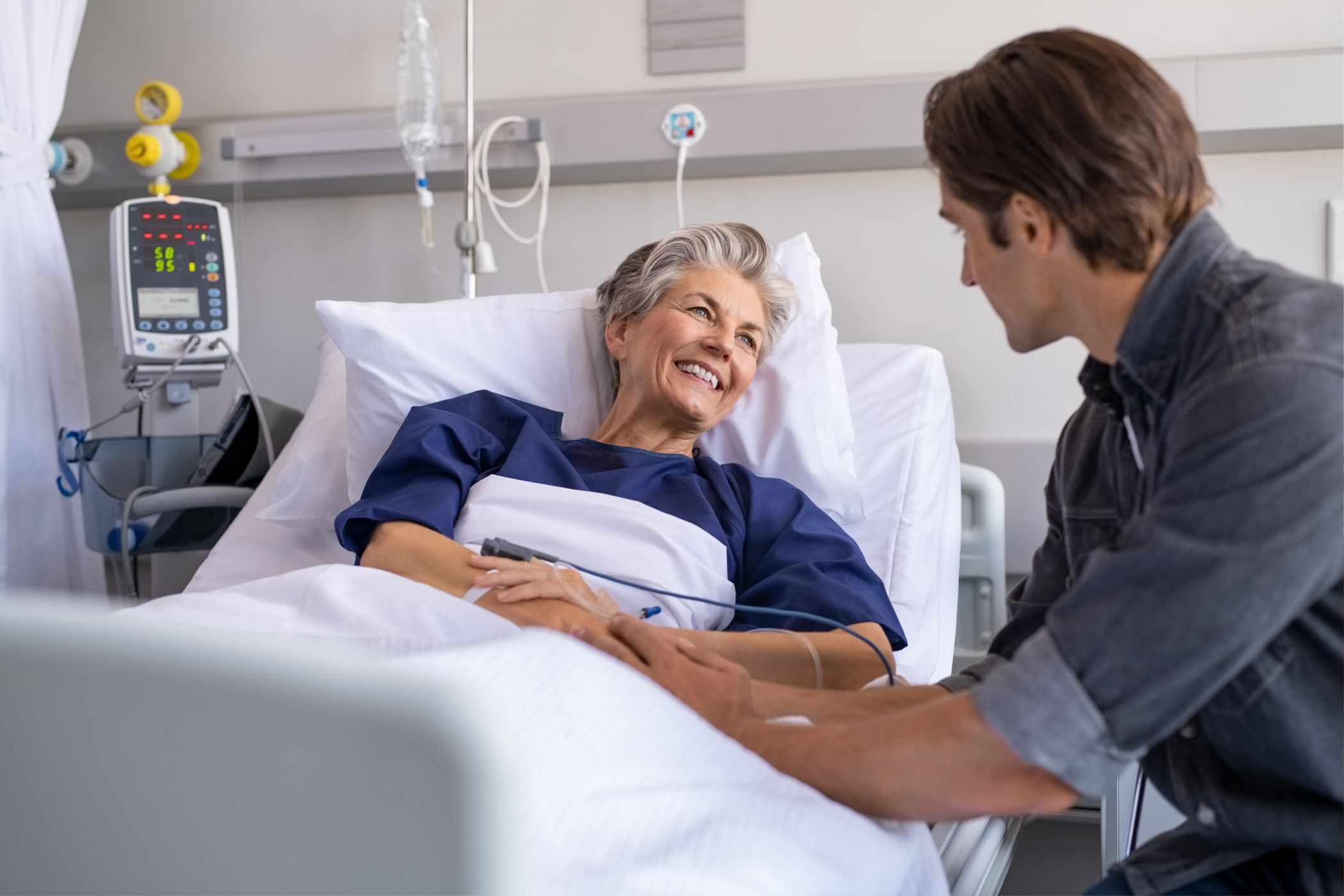COLD SWEATS POST-SURGERY: WHY IT HAPPENS AND WHAT IT MEANS
Surgery can be a nerve-wracking experience, and the recovery process often comes with its own set of surprises. One of those unexpected visitors is cold sweats. Cold sweats post-surgery can feel alarming, but they’re often a normal part of the healing process. Let’s dive into what cold sweats are, why they happen, and how you can manage them during your recovery.
WHAT ARE COLD SWEATS?
Unlike the sweat you get from a tough workout or a hot summer day, cold sweats occur without any external heat trigger. You might be lying in bed, feeling perfectly cool, and suddenly find yourself drenched in sweat. So, what gives?
Cold sweats after surgery is completely normal. It’s just your body’s quirky way of hitting the panic button in response to stress, pain, or even infection. When things get tough, your sweat glands can go a little haywire, leaving you feeling clammy and a bit thrown off. But don’t worry! We’re about to dive into why this happens and how you can manage it like a pro.
COMMON CAUSES OF COLD SWEATS AFTER SURGERY
Surgery is a big deal for your body. It’s a major stressor, and your system reacts in various ways to cope. Here are some common causes of cold sweats after surgery:
1. Surgery stress
The stress from surgery itself can cause cold sweats. Your body has just been through a significant event, and it’s working hard to recover. This stress can trigger your sweat glands, leading to those unexpected cold sweats.
2. Anesthesia
Anesthesia can mess with your body’s normal functions, including your ability to regulate temperature. It’s not uncommon to experience cold sweats as your body processes and eliminates the anesthetic.
3. Pain and medication
Post-surgical pain, painkillers, antibiotics, and other medications sometimes have side effects that include sweating. Your body is reacting to both the pain and the chemicals you’re introducing to manage it.
4. Infection
If your body is fighting off an infection, it can trigger a stress response that includes sweating. This is your body’s way of trying to regulate itself and combat the infection.
SIGNS COLD SWEATS MAY BE SERIOUS
While cold sweats are often a normal part of recovery, there are times when they might indicate something more serious. Here’s when you should be concerned:
- High fever. If you have a high fever along with cold sweats, it could be a sign of an infection.
- Chills. Chills combined with cold sweats can also indicate an infection or other serious condition.
- Rapid heartbeat. A rapid heartbeat along with cold sweats can be a sign of heart issues.
- Dizziness. Feeling dizzy or lightheaded along with cold sweats can indicate a more serious problem.
If you experience any of these symptoms, it’s crucial to consult your healthcare professional immediately.


